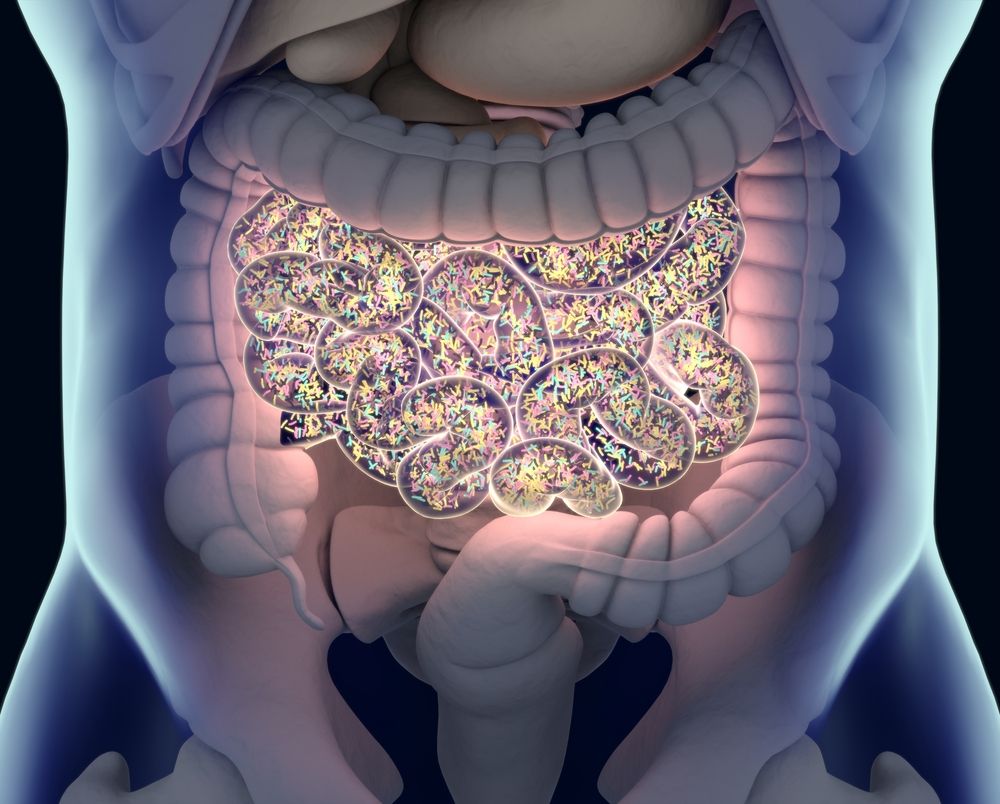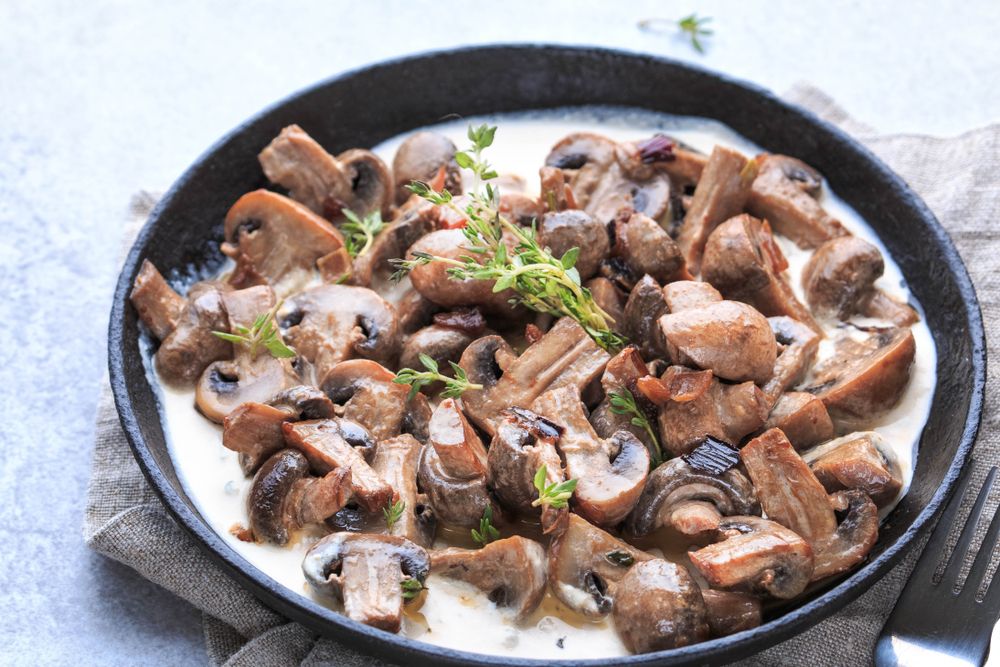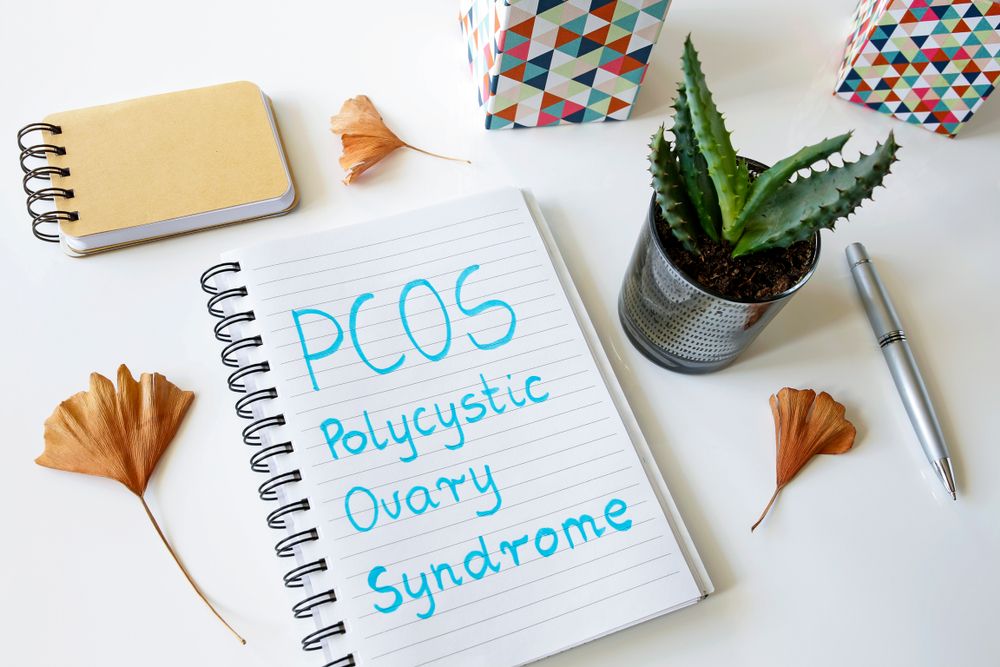A nutritious diet can benefit you in a number of ways, including with your skin. These benefits can sometimes be overblown, but it is an accepted fact among most medical professionals that nutrition plays a key role in skin health. (Learn More — Nutrition and Skincare)
Eating a variety of greens, seeds, fruits, and other nutrients is generally a solid foundation for a diet that is good for the skin. Many nutrients are known to protect your skin from premature wear and tear, including proteins, certain healthy fats, zinc, and vitamins A, C, and E.
Be wary of nutritional supplements. They can sometimes pose health risks that are not immediately obvious. Speak with a doctor before taking any nutritional supplements. (Learn More — Nutrition’s Benefits to Your Skin)
The American Academy of Dermatology emphasizes that there are some misconceptions about diet-related skin benefits that should be dispelled. A good deal of information about how nutrition helps skin is inaccurate. (Learn More — Misconceptions and Caveats)
Nutrition and Skincare
A nutritious, balanced diet is vital for a healthy life. Most people understand that nutrition and proper calorie intake are key to maintaining a healthy heart, weight, and other vital functions.
 One area in which the potential benefits of a nutritious diet are often overlooked is skincare. Although some of these benefits can be overblown, the medical community as a whole largely accepts the idea that diet plays a role in promoting skin health.
One area in which the potential benefits of a nutritious diet are often overlooked is skincare. Although some of these benefits can be overblown, the medical community as a whole largely accepts the idea that diet plays a role in promoting skin health.
First and foremost, your diet should meet your body’s basic needs. If you’re going to adopt a certain diet to benefit your skin, make sure it is good for your overall health.
Nutrition’s Benefits for Your Skin
There are many foods known to help improve the look of your complexion. This is usually because of key vitamins and other nutrients present in those foods. Some of these nutrients include:
- Healthy fats (nuts, seeds, avocado, fish). When you don’t eat enough fat, your skin can dry out and
 wrinkle. While it’s not a good idea to eat too much saturated fat, and even “healthy” fats shouldn’t be consumed in excess, monounsaturated and polyunsaturated fats can keep your skin moist, strong, and flexible without putting too much pressure on your heart.
wrinkle. While it’s not a good idea to eat too much saturated fat, and even “healthy” fats shouldn’t be consumed in excess, monounsaturated and polyunsaturated fats can keep your skin moist, strong, and flexible without putting too much pressure on your heart. - Protein (eggs, quinoa, beans, oats). The body turns the protein you eat into amino acids than are then transformed into other proteins, such as those that form the structure of your skin. Some of these amino acids can help protect skin against UV damage and damage caused by cigarette smoke.
- Vitamin A (carrots, spinach, kale, eggs). The upper and lower layers of your skin require vitamin A, which some research suggests helps reduce the breakdown of collagen caused by the sun. Vitamin A helps the sebaceous glands around your hair follicles work properly, and it also helps cuts heal.
Vitamin A is an antioxidant, which is linked to keeping your skin protected against sunburn. However, you still need to use sunscreen. - Vitamin C (oranges, strawberries, spinach, broccoli). A key component of healthy skin is collagen, a protein that helps keep your skin durable, bouncy, elastic, and stable in its structure. Vitamin C helps regulate collagen production while also working to protect you against free radicals (i.e. the sun’s rays).
- Zinc (nuts, seeds, meat, beans). Zinc helps the body heal after injuries, and it helps with a variety of cell processes. It is also an antioxidant, so it can help protect against UV light.
A lack of zinc can make it seem like you have eczema, with itchy rashes appearing on your body. These rashes won’t get better until you adjust your diet. - Additional antioxidants. Vitamin E and selenium are two other antioxidants known to reduce your risk of sun damage. UV light can harm the skin in many ways, the worst of which is potentially causing skin cancer. Selenium deficiency has even been linked to a greater chance of skin cancer.
This is not an exhaustive list of all the foods that contain these nutrients, so do not be discouraged if food allergies or other dietary restrictions prevent you from eating some of them.
One will also notice that preventing and recovering from sun damage is a big component of skin health. Nutrition is a very important factor in preventing the wear and tear the sun and other environmental factors can cause. Sunlight is not universally bad for you, but it can be damaging when you are excessively exposed.
Talk to your doctor before taking any nutritional supplements. While supplements can sometimes help with gaps in your diet, taking them is riskier than some people realize. For example, fish oil supplements can be dangerous if you’re on blood thinners or have a weakened immune system.
Misconceptions and Caveats
The American Academy of Dermatology produced a piece in 2018 criticizing the way many people view diet in relation to skin health. One important issue highlighted by the AAD is how quickly people accept articles on skin health as fact.
 Anyone can post almost anything on the internet, and an article’s popularity does not indicate its legitimacy. When reading about skin health tips, always confirm the article is based on facts and research, and not just a person making assumptions, repeating myths, and misusing medical terms.
Anyone can post almost anything on the internet, and an article’s popularity does not indicate its legitimacy. When reading about skin health tips, always confirm the article is based on facts and research, and not just a person making assumptions, repeating myths, and misusing medical terms.
The AAD also criticized a common focus on food allergies. While food allergies can sometimes cause skin reactions, they play a limited role as culprits behind skin disease.
Additionally, common allergies like gluten do not cause skin problems in and of themselves. Cutting out allergens is not going to help your skin if you’re not allergic to them.
While the AAD acknowledges that diet plays a role in skin health, they recommend talking to a licensed dermatologist before making major dietary changes, such as trying special diets or dietary supplements.
Always be careful when making significant changes to your diet. Some people make the mistake of prioritizing a specific goal for their diet, such as better skin, only for their altered diet to hurt them in other ways, such as not addressing other nutritional needs.
References
Nutritional Skincare: Beautiful Skin Starts with Your Diet. Ask The Scientists.
Nutrients for Healthy Skin. (June 18, 2019). WebMD.
Nutritional Skin Care: Health Effects of Micronutrients and Fatty Acids. (May 1, 2001). The American Journal of Clinical Nutrition.
Discovering the Link Between Nutrition and Skin Aging. (July 1, 2012). Dermato-endocrinology.
When It Comes to Skin Health, Does Diet Make a Difference? (July 26, 2018). American Academy of Dermatology.

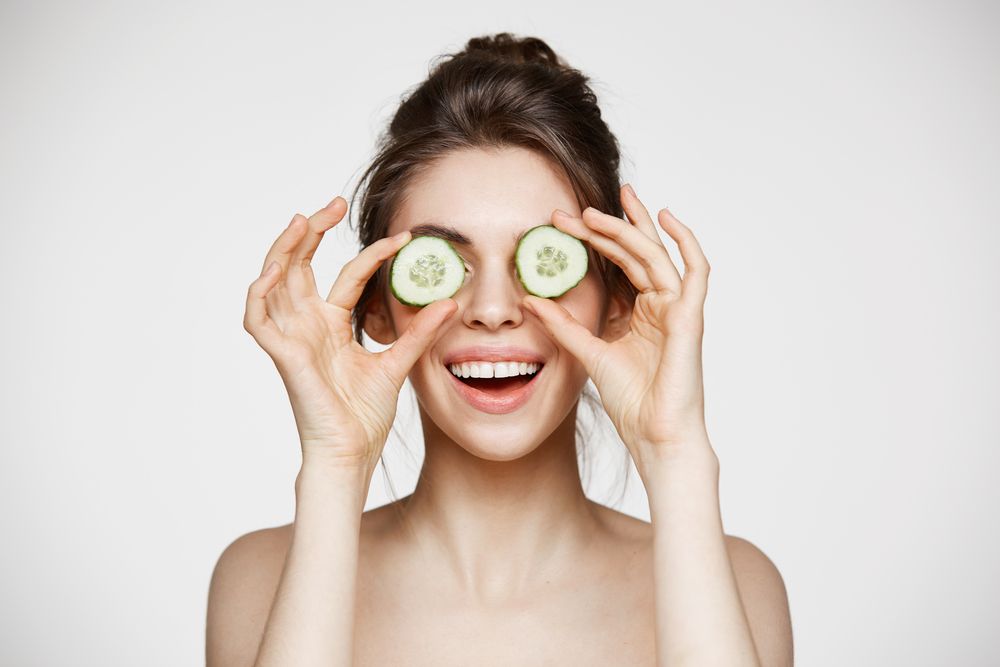
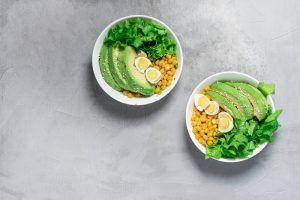 wrinkle. While it’s not a good idea to eat too much saturated fat, and even “healthy” fats shouldn’t be consumed in excess, monounsaturated and polyunsaturated fats can keep your skin moist, strong, and flexible without putting too much pressure on your heart.
wrinkle. While it’s not a good idea to eat too much saturated fat, and even “healthy” fats shouldn’t be consumed in excess, monounsaturated and polyunsaturated fats can keep your skin moist, strong, and flexible without putting too much pressure on your heart.